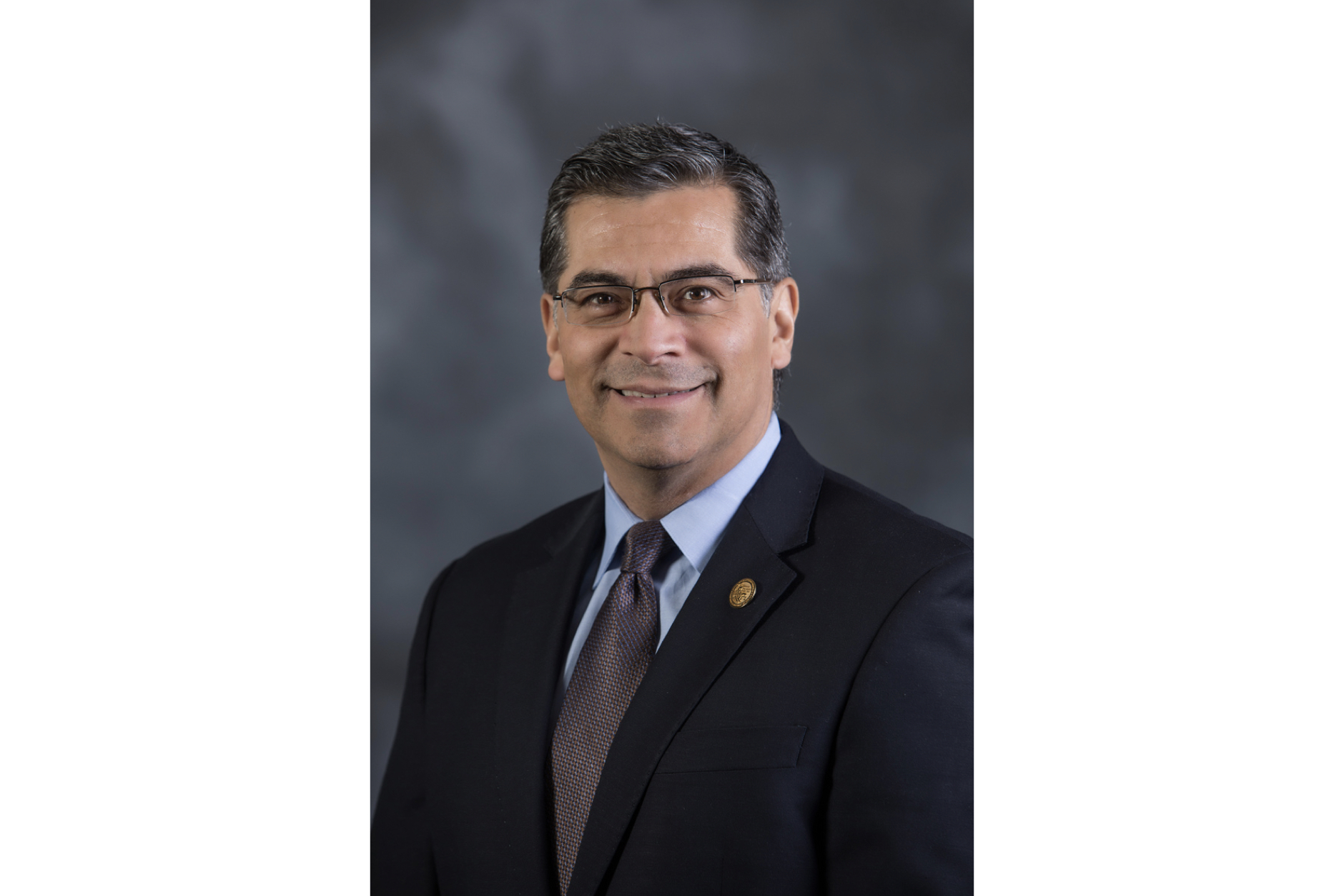President-elect Joe Biden has picked Xavier Becerra, currently the attorney general of California, as his nominee to be the secretary of the Department of Health and Human Services, the department which oversees the U.S. Food & Drug Administration (FDA).
Becerra’s nomination means that HHS could get a leader who is likely to be far more aggressive on tobacco products than his Trump Administration predecessor, Alex Azar.
Like all cabinet-level executives except vice-president, Becerra must be confirmed by the Senate.
In less than a year, Becerra’s office has sued e-cigarette maker JUUL and begun the process of defending California’s new flavored tobacco law from challenges. His thoughts on premium cigars aren’t as well-publicized, though Becerra—along with three other state attorneys general—sent a letter to FDA in 2018 when the agency was seeking public comment on premium cigars.
Given that the letter was written by state attorneys general, who are tasked with both enforcing the state regulations as well as the laws that allow for states to generate revenue from tobacco products, much of the letter focuses on the downsides for states if premium cigars were treated differently. Specifically, the letter points out the issues that states would have enforcing their existing laws if premium cigars were exempt from federal regulation:
At the same time, numerous enforcement difficulties are likely to flow from segregating premium cigars, which themselves will likely have ripple effects on the tobacco market as a whole and on the states’ regulatory regimes. We therefore urge FDA to avoid potentially skewing the tobacco product marketplace and disrupting the states’ regulatory regimes for no gain for public health.
There are justifications for keeping premium cigars regulated the same beyond avoiding complications for states, but many of those comments aren’t as relevant today.
For starters, the letter argues that premium cigars are used by “young people” citing FDA’s commentary on the matter in 2014. More recent data from an FDA-funded study has indicated that traditional cigar usage amongst minors is less than 1 percent. The agency has even gone as far to say that flavored cigars—which would not be considered premium cigars per a 2020 definition—are not “as appealing to youth at this time” compared to e-cigarettes and vaping products, and as such, not currently a priority.
Some of the letter focuses on the idea of exempting premium cigars from warning label restrictions, something that is substantially less relevant following a court ruling earlier this year that outlawed the use of warning labels for all cigars—premium and otherwise—after legal challenges.
However, the letter does make it clear that Becerra is in favor of warning labels and their effectiveness:
Even assuming current premium cigar use results in fewer negative health consequences than non-premium cigar use, there is no reason to exempt premium cigars from warning requirements, which would imply that premium cigars themselves are less harmful. This perception would likely eventually skew premium cigar use, negating the very premise of exempting them from warning statement requirements.
The letter also argues that if premium cigars were to be exempted or treated differently, many non-premium manufacturers might be able to reclassify products as premium cigars to avoid regulation. That would be substantially challenging given the definition of premium cigars presented by the Department of Justice on behalf of FDA earlier this year.
It does shine some light on new regulations that Becerra could push for.
One—something FDA has mentioned before—would be to regulate the nicotine levels in certain products:
If, for example, nicotine levels are regulated in non-premium cigars, but not regulated in premium cigars, nicotine will likely become a reason for consumers to switch to premium cigars.
Also, the letter mentions the possibility for a national track and trace system:
A national track and trace system would do much to mitigate the enforcement issues identified above, should FDA decide to treat premium cigars differently from other tobacco products.
It should be noted, the letter doesn’t explicitly call for either action. It just lays out the possibility of a world where premium cigars are regulated differently and the impacts it could have.
If confirmed, Becerra would have much larger issues, notably the coronavirus COVID-19 pandemic.
Biden also has announced plans to nominate Dr. Vivek Murthy as surgeon general, a role Murthy served in during the Obama administration.
The Biden transition team has not announced a pick for FDA commissioner, a role currently held by Dr. Stephen Hahn.
Featured image via the Office of the Attorney General for the state of California



